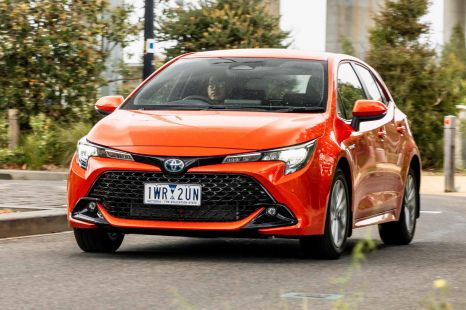

Max Davies
2025 Toyota Corolla SX review
5 Days Ago

News Editor
The Chrysler 300 still has life left in it.
Automotive News reports the large sedan – and the Chrysler brand’s last model in Australia – will continue to be produced until 2023.
Unlike the related Dodge Charger and Challenger, a redesigned model won’t be introduced in 2024.
The 300 may instead be indirectly replaced by a large and as-yet unnamed crossover that parent company Stellantis has already teased.
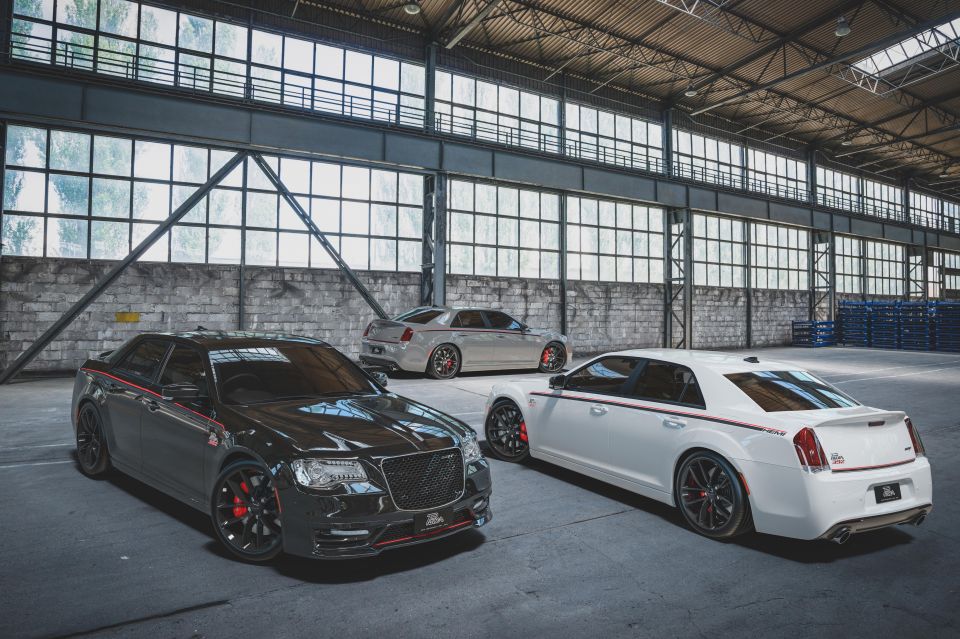
Given the only other Chrysler models – the Voyager and Pacifica twins – haven’t been engineered for right-hand drive, it appears likely the brand could disappear from the Australian market with the end of 300 production, if not sooner.
“We currently have a limited supply of Chrysler 300 and Chrysler 300 SRTs in production,” said a spokesperson for Fiat Chrysler Australia.
“The vehicles are expected to arrive by the end of the year and will be available for purchase at Chrysler Dealerships.”
Although other car brands are already rolling out model year 2022 vehicles, these will be MY21 vehicles. That said, Fiat Chrysler Australia has been known to skip model years.
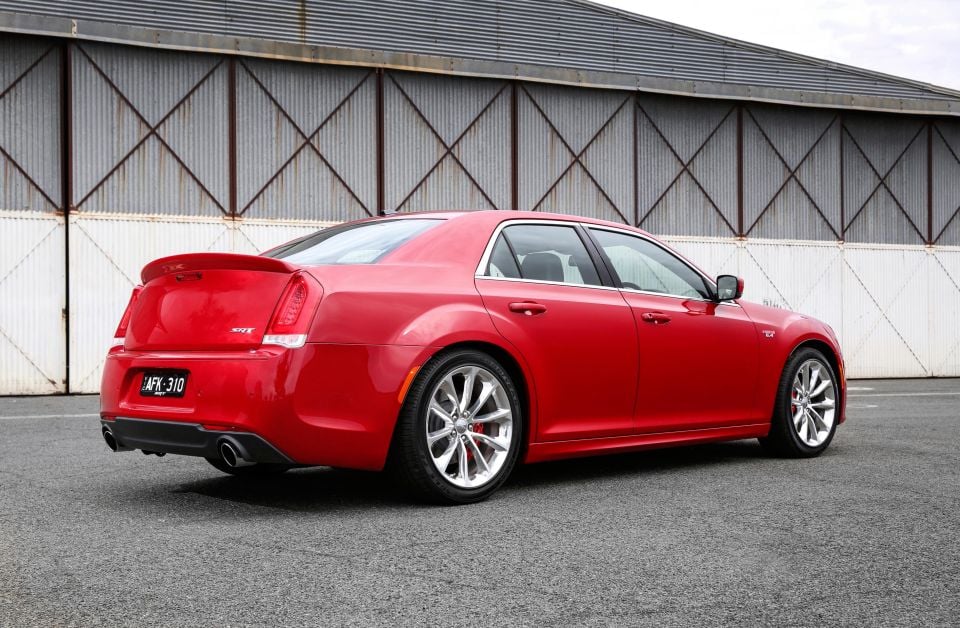
Fiat Chrysler Australia paused ordering for the 300 SRT earlier in 2021 due to North American demand for its engine, though it denied rumours it was withdrawing the model locally and said it was “not an end to the Chrysler brand”.
Stellantis and its predecessor, Fiat Chrysler Automobiles, hasn’t indicated it was working on a replacement 300 for several years now, so it’s been a matter of ‘when’ and not ‘if’ the nameplate would be discontinued.
It’s gamely clung on, even as large sedan sales have slumped both here and in North America.
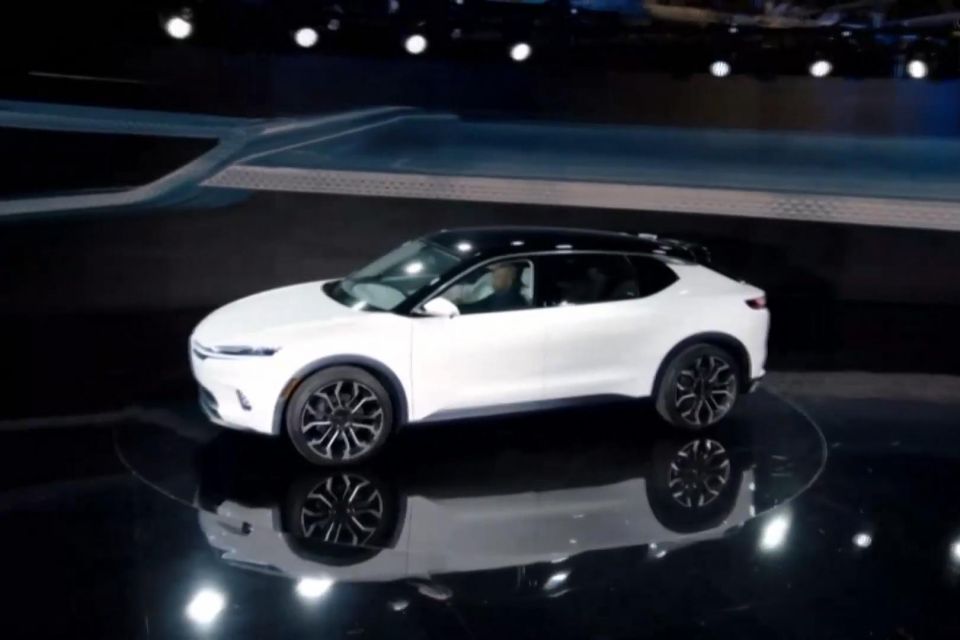
Its potential replacement, the unnamed electric crossover, was previewed in seemingly production-ready form at Stellantis’ EV Day earlier in 2021.
The company also announced it was working on a “long-range luxury sedan” which could be sold as a Chrysler; it appears to be one of the fleet of vehicles teased in wireframe.
The unnamed crossover will reportedly debut in 2024, riding the new STLA Large all-electric architecture.
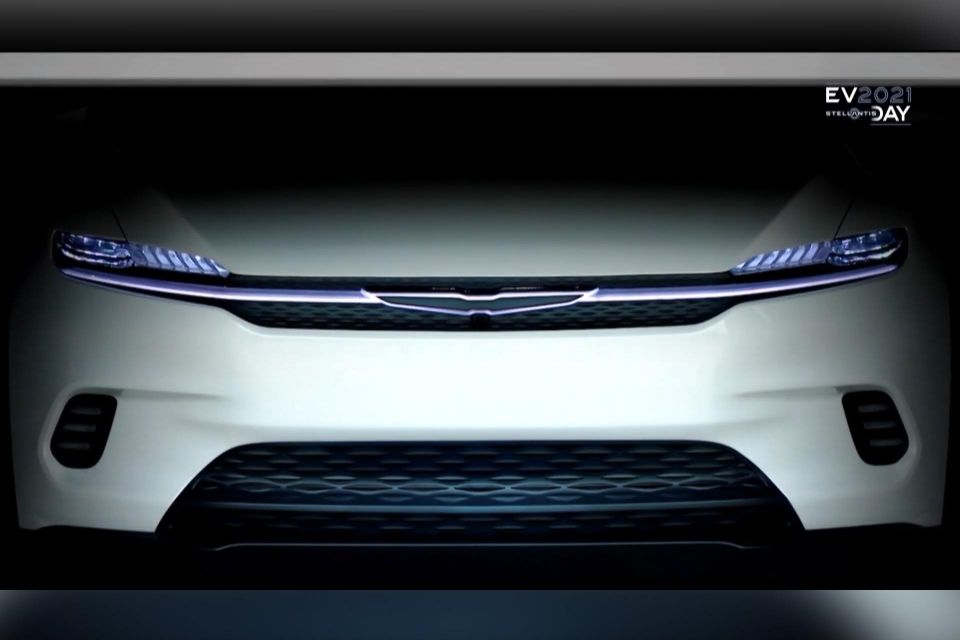
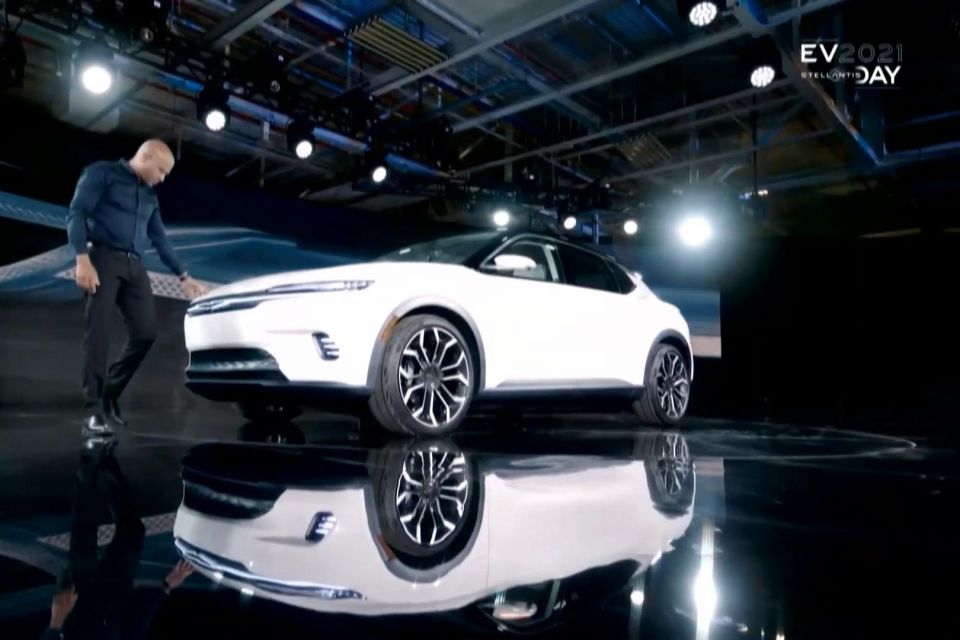
It features elegant detailing front and rear, with slim LED headlights and tail lights.
What looks to be a redesigned version of the Chrysler logo sits in front of a slim, mesh-patterned grille bisected by a full-width LED daytime running light.
In terms of body design, it has a relatively low-slung, coupe crossover look to it, akin to a Ford Mustang Mach E.
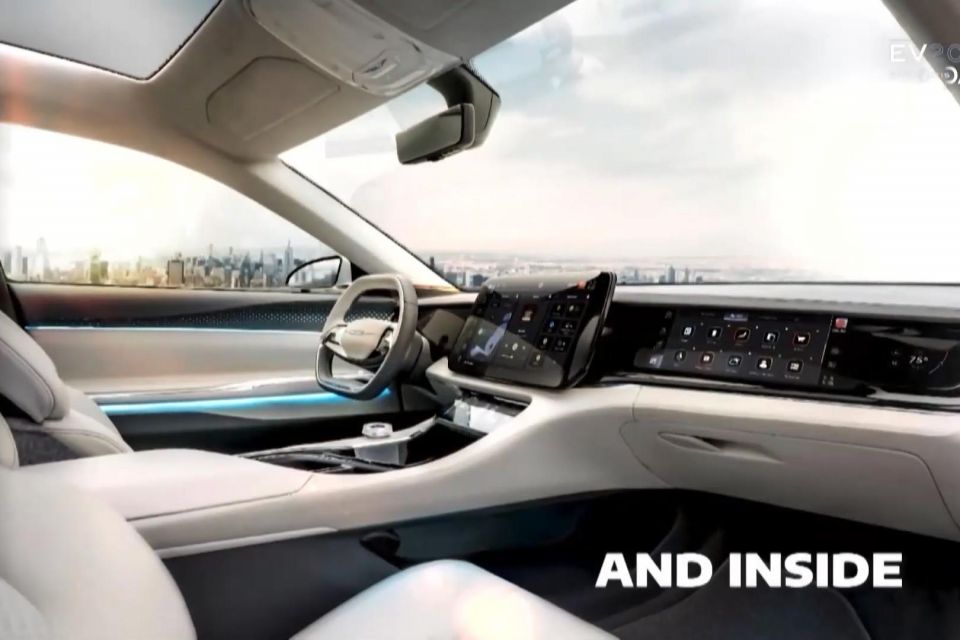
There are prominent wheel arch flares and a crisp shoulder line that kicks up at the C-pillar, but otherwise the sides of the body are rather restrained and the overall look is arguably elegant.
Inside, there’s a massive central touchscreen that juts out from the dashboard like a giant tablet, while the passenger-side of the dash has its own, separate display and there are dual touchscreen entertainment systems in the back seat.
A distinctive, squared-off dial shifter sits prominently on the centre console, while the steering wheel’s top and bottom have been flattened.
Though Stellantis has a seemingly unwieldy number of brands in its portfolio, its CEO Carlos Tavares has said its lower volume brands are being given a time window of 10 years and funding for that time.
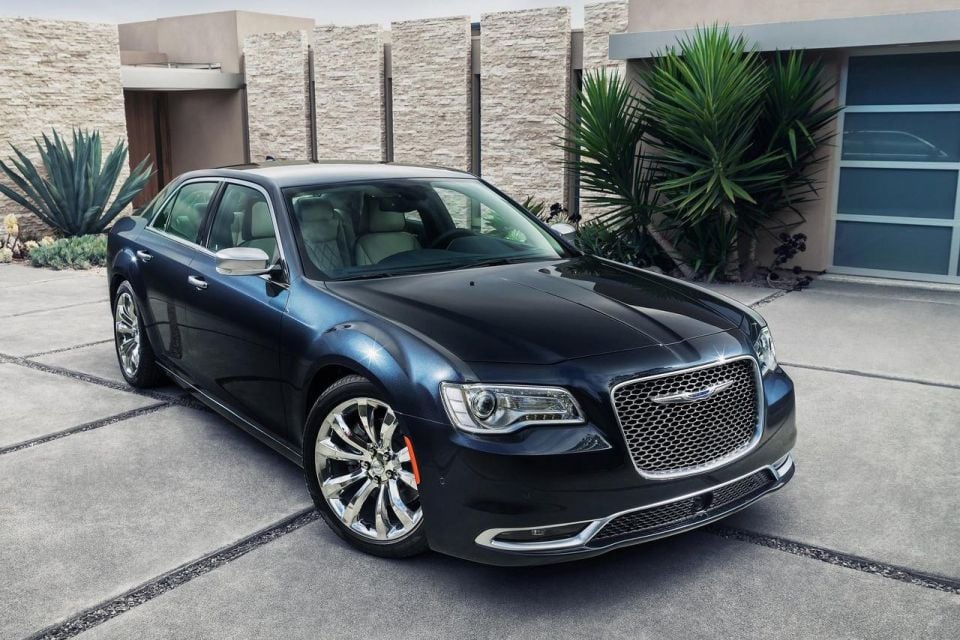
The Chrysler brand’s slate of models has shrunk over the years.
While the Chrysler brand was withdrawn from Australia in the early 1980s with the sale of Chrysler Australia, it lived on as the Chrysler Corporation’s quasi-premium brand in North America.
Its range was expanded with smaller, badge-engineered vehicles, and this trend towards rebadging was amplified when the more budget-focused Plymouth brand was shuttered in 2001 and its products – like the yet-to-be introduced PT Cruiser – rolled under the Chrysler brand.
The brand had already had less upmarket aspirations in Canada and Australia, where Dodge products like the Neon were sold under the nameplate; Chrysler re-entered the Australian market in 1996.
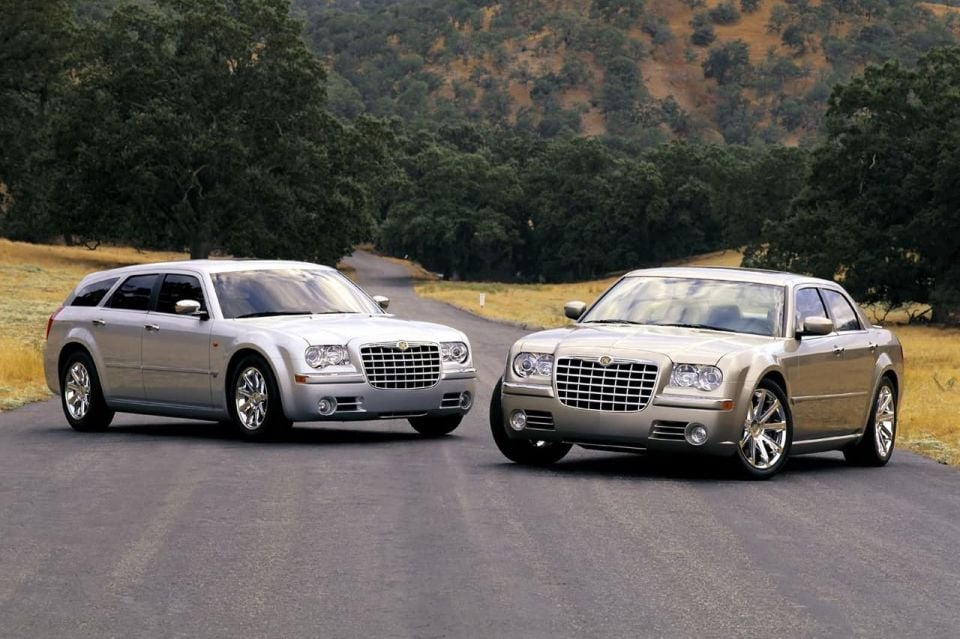
Globally, the Chrysler brand received a shot in the arm with the first-generation 300, which gave the car a semi-premium flagship offering.
The rear-wheel drive large car proved a hit for the Chrysler brand, and it received an extensive redesign for 2011 which the nascent Fiat Chrysler Automobiles briefly sold in Europe as the Lancia Thema.
Sales of the redesigned 300 rose, and though it never again reached the heights of the first-generation model in the US, it had its best year in Australia in 2013 with 2508 sales. US sales remained steady before slumping in 2019.
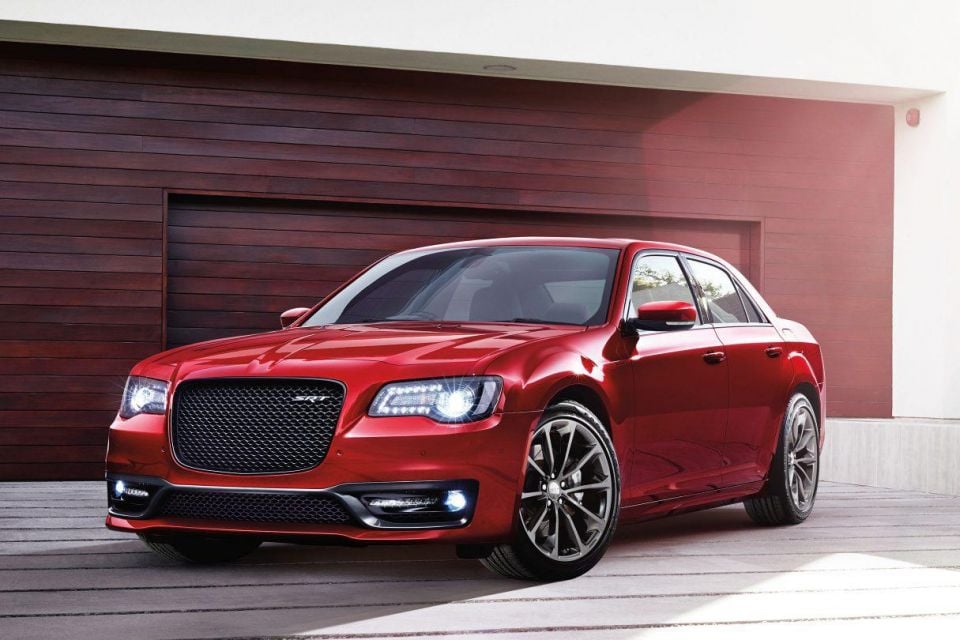
The Chrysler brand has been thinned down to just the 300 and the two minivans in North America, while only the 300 is sold here. It was last facelifted for 2015.
We actually receive one variant North America doesn’t, the 6.4-litre V8-powered SRT, which wasn’t carried over with the facelifted model in the home market but has lived on here and in the Middle East.
Chrysler sold just 218 examples of the 300 in Australia in 2020, although it has managed to outlive the likes of the Holden Commodore, Statesman and Caprice and Ford Falcon, Fairlane and LTD.
MORE: Everything Chrysler 300
Where expert car reviews meet expert car buying – CarExpert gives you trusted advice, personalised service and real savings on your next new car.
William Stopford is an automotive journalist based in Brisbane, Australia. William is a Business/Journalism graduate from the Queensland University of Technology who loves to travel, briefly lived in the US, and has a particular interest in the American car industry.


Max Davies
5 Days Ago
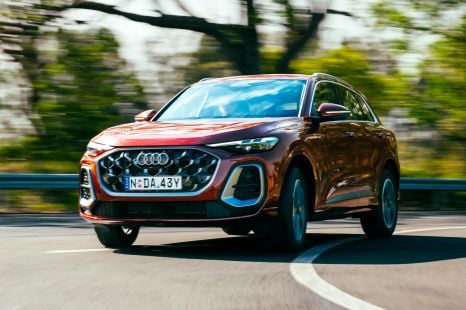

James Wong
3 Days Ago
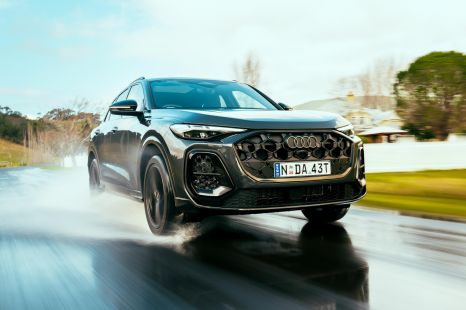

James Wong
3 Days Ago
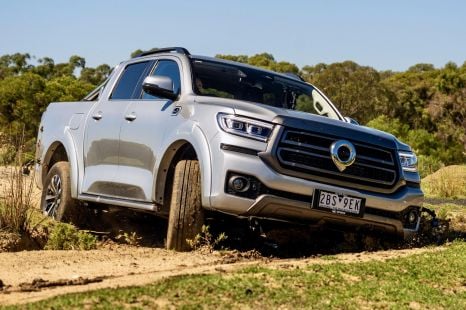

Max Davies
2 Days Ago
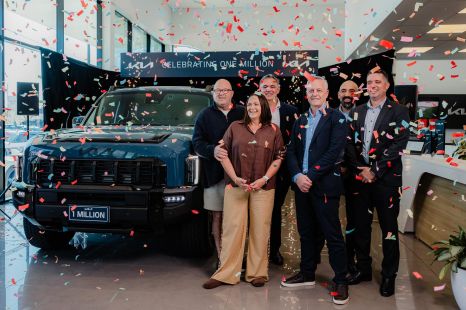

James Wong
9 Hours Ago
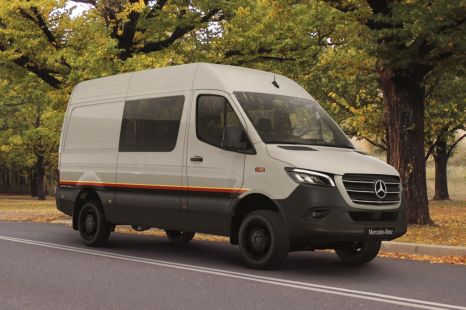

Marton Pettendy
8 Hours Ago